An improving job market edged the US Federal Reserve closer to an interest rate hike at its July meeting, but policymakers continued to fret that lagging inflation and a weak global economy posed too big a risk to commit to a "liftoff," according to minutes released on Wednesday.
Only one Fed policymaker was ready to vote for a rate hike at the July 28-29 meeting, while some others "viewed the economic conditions for beginning to increase the target range for the federal funds rate as having been met or were confident that they would be met shortly," according to the minutes.
That sentiment, combined with a broader recognition among "many members" that full employment was close, led the US central bank's policy-setting committee to say in its post-meeting statement that it only needed to see "some" more improvement in labor markets before hiking rates.
But that feeling was offset by apparently widespread concern about weak inflation, tepid wages, and why a six-year recovery had not put the Fed closer to its 2 percent inflation target.
"Almost all members ... would need to see more evidence that economic growth was sufficiently strong and labor market conditions had firmed enough for them to feel reasonably confident that inflation would return to the committee's longer-run objective over the medium term," the minutes said.
The Fed has said it wants to be "reasonably confident" in the inflation outlook before a rate hike.
Yields on long-term US government bonds fell sharply and the dollar weakened after the release of the minutes, suggesting investors saw the minutes as an indication the Fed would be cautious about hiking rates.
The minutes did not make an overt reference to a possible September rate hike.
Several Fed policymakers have said publicly they felt a rate hike will likely be justified next month, though they are monitoring jobs and other data closely.
Though the initial hike will have little impact on consumer or business borrowing rates, which have already risen, it will still mark the start of a process that gradually makes it more expensive to buy homes and cars, or fund a vacation on the credit card.
But the discussion at the Fed's July meeting seemed to set the table. It began discussing the mechanics of how to end its current policy of reinvesting the proceeds of maturing bonds and other assets purchased by the central bank during three rounds of a stimulus program known as quantitative easing.
The Fed has pledged not to reduce its asset holdings until after it begins raising rates.
Policymakers also took steps to clean up their quarterly presentation of economic forecasts, notably by agreeing that once they begin raising rates they will no longer need to publish an existing chart indicating the year in which officials think rates will rise.
That particular graph had become very lopsided: as of June, 15 members said they felt the rates "liftoff" would occur this year, with only two expecting it in 2016.

Don't Miss the Latest News
Subscribing is the best way to get our best stories immediately.


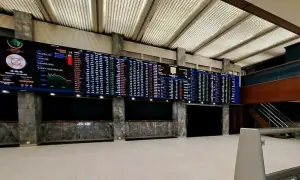


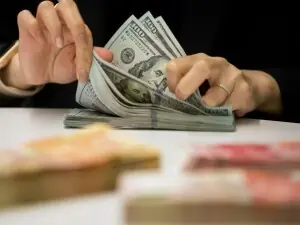

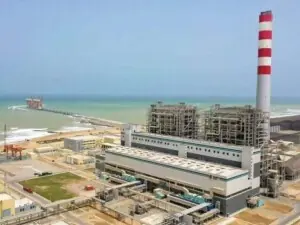
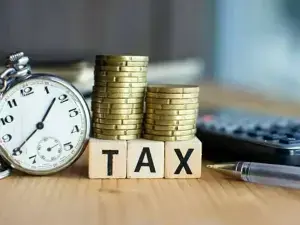
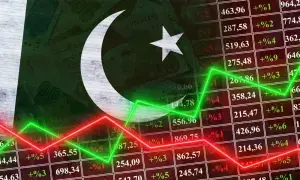



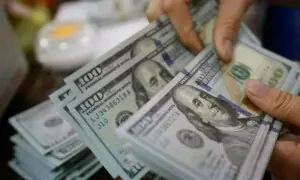




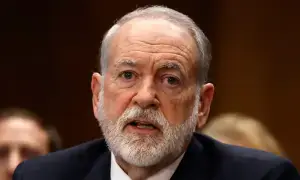
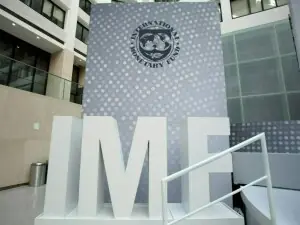
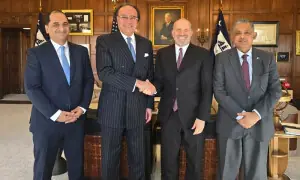
Comments
Comments are closed.